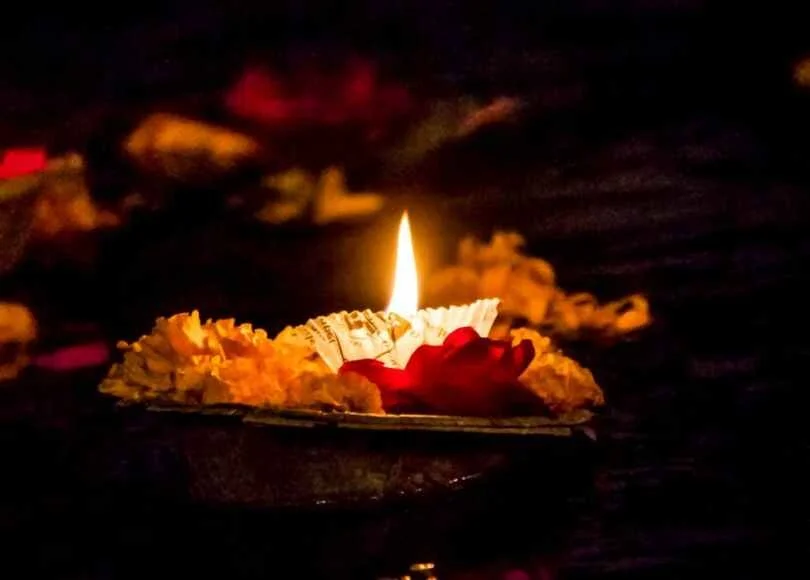I wrote something for Tricycle magazine! An excerpt to the beginning for you to peruse:
During a lecture, a student asked Shunryu Suzuki, the Buddhist priest who helped bring Zen to America, if he could sum up the Buddha’s teachings in a nutshell. To everyone’s surprise, Suzuki answered. “Everything changes,” he said. It was as simple as that.
On a rational level, we all know this. Seasons pass, the lush leaves of spring transform to the vibrant, dying foliage of autumn. People grow older, wither with time, and pass away. On my New York City block, a new building stretches up to the sky where an old one sat just a few years ago. All of it is a part of the flow of life. “Everything changes.” Life is impermanent.












